Chamber demands federal action on aquatic invasive species
VERNON – The Greater Vernon Chamber of Commerce is increasingly concerned that travel encouraged during the Covid-19 pandemic could inadvertently lead to the spread of aquatic invasive species.
The Chamber has written to Bernadette Jordan, federal minister of fisheries and oceans, and Bill Blair, federal minister of public safety, about the negative impact invasive species, such as quagga and zebra mussels, could have on the Okanagan Valley.
“The spread of aquatic invasive mussels poses a significant threat to the Okanagan’s ecosystem, lifestyle and economy, and the potential for an infestation is very real as Canadians are encouraged to travel and explore this great nation during the pandemic,” said Krystin Kempton, Greater Vernon Chamber of Commerce president.
To reduce the threat, the Chamber insists that government campaigns promoting travel among Canadians must emphasize that all visitors need to clean, drain and dry their watercraft and equipment before entering B.C. There is also a need to strengthen the Pleasure Craft Operator Card course by providing participants with information about AIS inspection stations and the need to drain water from equipment and keep drain plugs out during transport.
“U.S. citizens entering B.C. to reach Alaska could also put our lakes at risk, particularly given the recent increase in watercraft arriving in Montana infested with zebra and quagga mussels,” said Kempton.
“We urge the government to provide the Canadian Border Services Agency with the necessary resources to prevent the infestation of Canadian waters by watercraft and equipment crossing our border.”
Thousands of Okanagan residents depend on tourism employment, and the Okanagan Basin Water Board estimates the annual loss to tourism revenue from invasive mussels could range from $12 to $22 million.
An infestation would also mean people living along the waterfront could experience a decrease in real estate values (about $10 million a year) as their beaches could be covered by razor-sharp shells. And higher taxes may be required as municipalities struggle to maintain water utilities with costly treatments to remove mussels from infrastructure.
FOR MORE INFORMATION CONTACT:
Richard Rolke, Communications Coordinator
Greater Vernon Chamber of Commerce
E: info@vernonchamber.ca P: 250.545.0771

